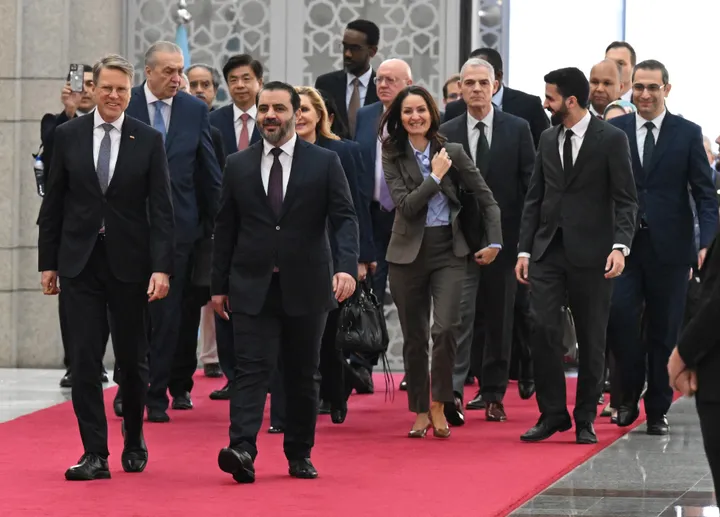The Biden administration has said it is finalising rules that will limit US investments in artificial intelligence and other technology sectors in China that could threaten US national security.
The rules, which were proposed in June by the US Treasury, were directed by an executive order signed by President Joe Biden in August 2023 covering three key sectors: semiconductors and microelectronics, quantum information technologies and certain AI systems.
The new rules are effective January 2 and will be overseen by Treasury's newly created Office of Global Transactions. Treasury said the "narrow set of technologies is core to the next generation of military, cybersecurity, surveillance, and intelligence applications."
The rule covers technologies like "cutting-edge code-breaking computer systems or next-generation fighter jets," added Paul Rosen, a senior Treasury official.
He added that "US investments, including the intangible benefits like managerial assistance and access to investment and talent networks that often accompany such capital flows, must not be used to help countries of concern develop their military, intelligence, and cyber capabilities."
China's response
The rule is part of a broader push to prevent US know-how from helping the Chinese to develop sophisticated technology and dominate global markets.
Commerce Secretary Gina Raimondo said earlier this year the rules were crucial to prevent China's developing military-related technologies.
The new rules contain a carve out allowing US investment in publicly traded securities, but the officials said the US already has authorities under previous executive order barring buying and selling of securities of certain designated Chinese companies.
In response, China's Foreign Ministry called the executive order an attempt to "engage in anti-globalisation and de-sinicisation," adding that Beijing was "strongly dissatisfied" and reserved the right to safeguard its interests.
























